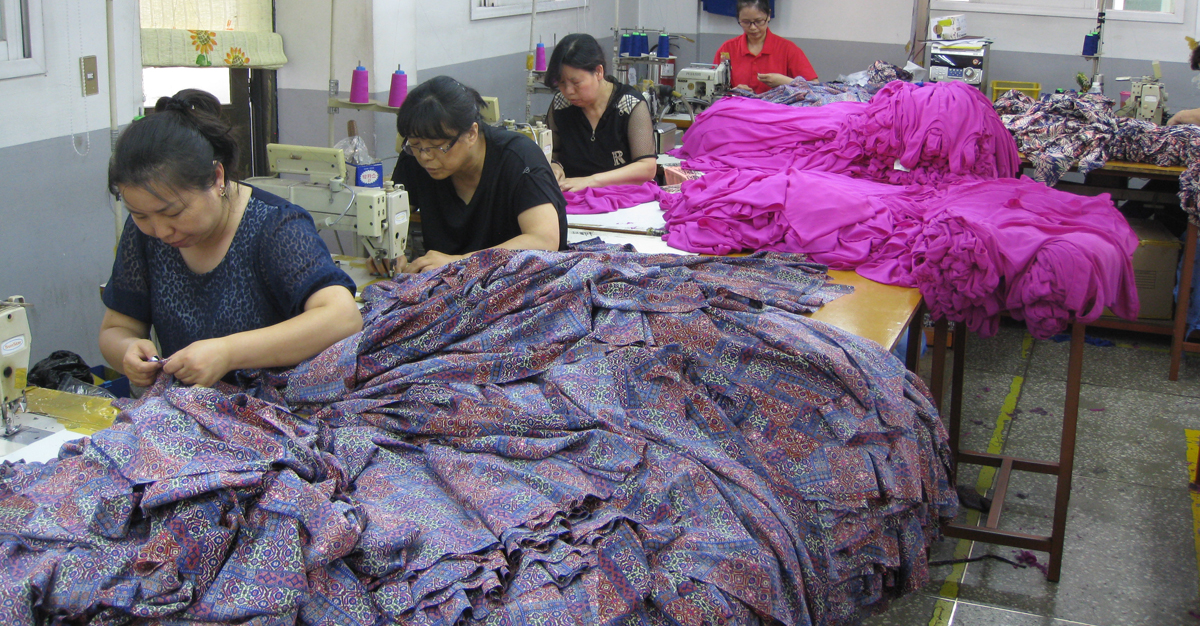ICE, CBP leadership emphasize collaboration in trade enforcement
Personnel from U.S. Immigration and Customs Enforcement’s Homeland Security Investigations (HSI) and U.S. Customs and Border Protection gathered this week to receive key training in the prevention of textile trade fraud that threatens the U.S. economy, restricts the competitiveness of U.S. industry and endangers the health and safety of the American public.
The special agents from HSI and the import specialists from CBP graduated to members of Textile Production Verification Teams (TPVT), elite groups of individuals who deploy to foreign textile factories that export goods to the United States, in order to verify production and manufacturing capabilities.
The class received guidance from HSI’s International Operations office on preparations for deployments and rules and regulations to follow overseas. They received instruction on how to interview personnel at foreign factories and how to properly analyze and review regulatory documents. And, industry representatives briefed the agents and specialists on why trade enforcement is critical.
“U.S. customs authorities enforce trade regulations by issuing penalties, refusing shipments and seizing goods, but they’re not effective without the agents and officers on the ground,” said Assistant Commissioner Brenda Smith, who leads CBP’s Office of International Trade.
Smith noted there is language in trade agreements that allow HSI and CBP to visit foreign textile factories to ensure proper regulations are being followed.
HSI agents and CBP officers visit around 10 foreign countries and inspect hundreds of factories every year as part of the TPVT program. Findings of impropriety are reported back to analysts and program managers at headquarters so that appropriate measures can be taken in the field and at ports and mailing facilities.
The National Intellectual Property Rights Coordination Center, a task-force agency that responds to intellectual property theft and enforces international trade laws, created the three-day training and hosted agents and officers who came from across the country. HSI’s Trade Enforcement Unit is stationed at the IPR Center and develops operations into trade crimes that present safety violations, counter U.S. economic interests and circumvent import duties.


